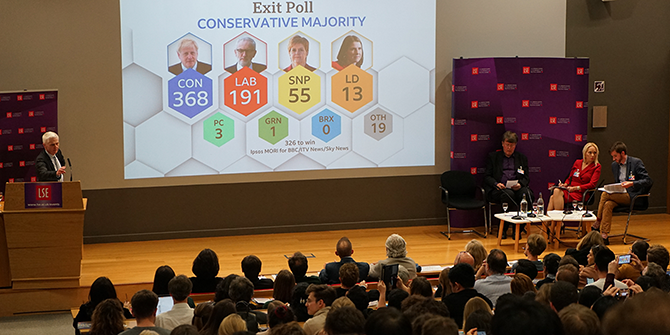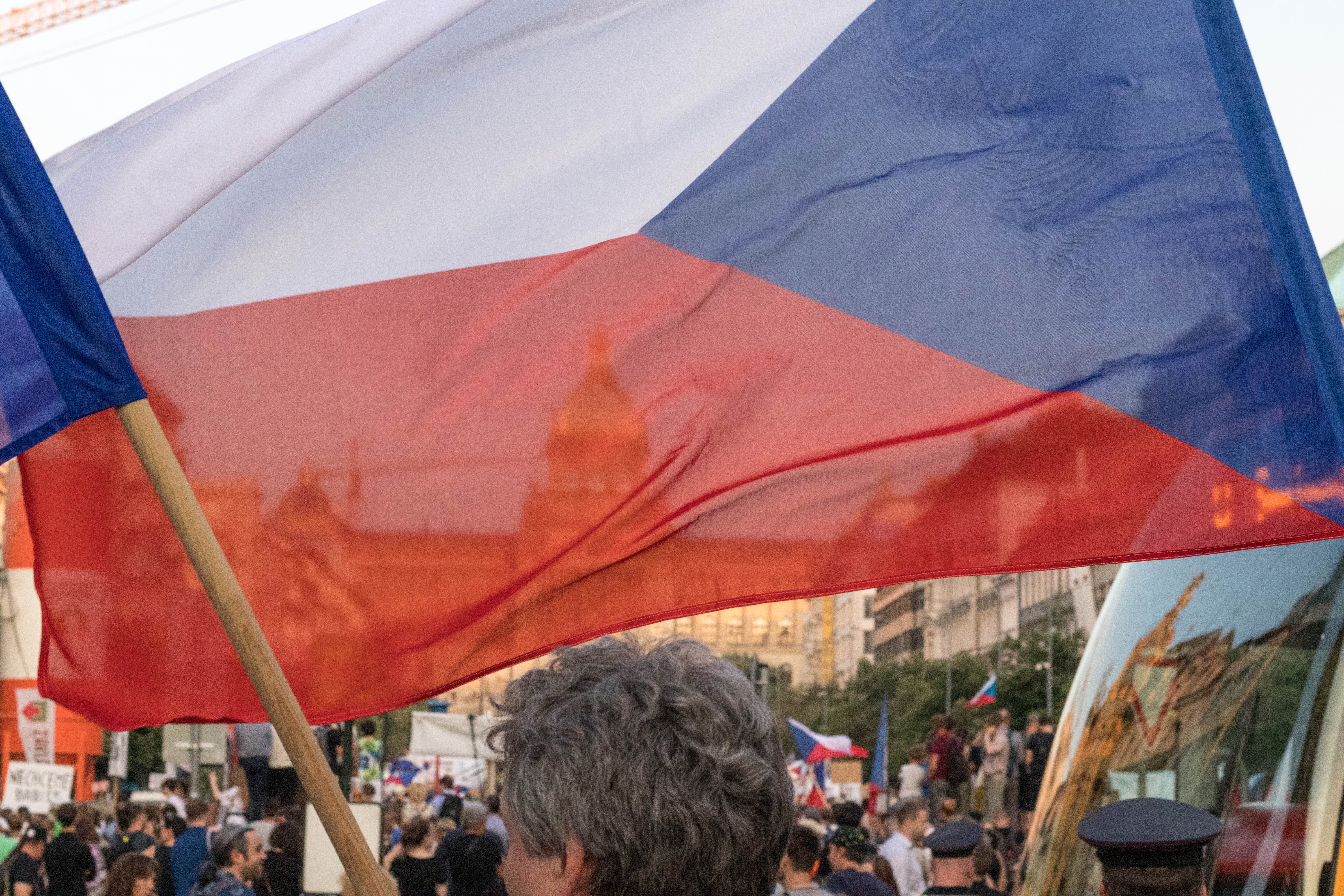Laura Doanová reflects on the upcoming Czech election and the choice voters face.
The Czech Republic is set to elect its next president by the end of January 2023 in only the third direct presidential election in the country’s history. Although the powers of the president are limited compared to those of the prime minister, the elections are still significant. Not only do they mark the end of the disastrous decade-long presidency of Miloš Zeman, but they also bring the possibility of welcoming the country’s first female president to the Prague Castle. With the deeply polarising figure of Andrej Babiš in the race, however, most voters will be forced to settle on a candidate who is acceptable at best.
After Russia’s invasion of Ukraine, the need for a new president has become ever more pressing. Despite his condemnation of Putin’s aggression, Miloš Zeman and his inner circle have long had a suspiciously positive relationship with the Russian state and Vladimir Putin himself. Zeman’s economic advisor, Martin Nejedlý, was the founder of Lukoil Aviation Czech, a now liquidated subsidiary of the second-largest Russian oil company Lukoil. His love for the Russian president was put on display when, in 2018, he revealed his mobile phone case with Putin’s face on it. Both Zeman and Nejedlý also travelled to Moscow in 2015 to commemorate the 70th anniversary of the end of World War II.
Although Zeman will leave the Prague Castle definitively, his friend and former Prime Minister, Andrej Babiš, is among the three main contenders in this presidential election. As a former StB* agent and billionaire tycoon now on trial on charges of subsidy fraud, Babiš remains a controversial figure. His defeat in the October 2021 elections was a great political success for the establishment parties who formed two separate coalitions prior to the election to maximise their chances of winning. This election might be no different. Since many assume Babiš’s presence in the second round is certain, voters of the other two contenders are willing to vote for whomever runs against him. The fight of some Czech voters against Babiš’s relentless ambition to remain in the upper echelons of power resembles a game of whac-a-mole. Except, his reappearance as the presidential candidate is not random — whilst Babiš’s obsession with power certainly played a role, he knew he could do so with the support from his loyal voter base. Over 40% of Babiš’s voters would not come to the polls in the second round if he did not make it through.
The only two people with a chance of defeating Babiš are Petr Pavel, a retired army general, and Danuše Nerudová, a 44-year-old economist, university professor and former rector of Mendel University in Brno. Having served as the Chair of the NATO Military Committee and as Chief of the General Staff of the Czech Army, Pavel is a career soldier who promises to restore “peace and order”. He often draws on his army experience to illustrate his ability to act calmly and rationally. His first name is barely mentioned in his campaign; instead, he is known as “the General”. Despite often being lauded as a war hero having saved lives in the Balkan War, his membership in the Communist Party between 1985 and 1989 makes him unelectable to some voters. Still, as of 4 January 2023, he is projected to gain a plurality of votes in the first round.
The rise of Danuše Nerudová is, perhaps, the campaign’s greatest surprise. Before she was projected to win over 23% of the vote in November last year, she was known only among parts of the urban metropolitan elite for leading the Commission on Fair Pensions at the Ministry of Labour and Social Affairs and for her involvement in an expert platform offering solutions to the Covid crisis. At the beginning of December, the polls already predicted she would garner a plurality of votes in the first round with 28% of the vote. Her presence on social media, including TikTok and BeReal, and her emphasis and stance on topics like climate change and same-sex marriage, which remains illegal in the Czech Republic, have made her become a powerful voice for younger voters. However, her campaign could not avoid a fair amount of controversy either and Nerudová is currently under serious pressure. Mendel University is currently being audited by the National Accreditation Bureau for Higher Education for cases of plagiarism and fast-track doctorate degrees for foreign students during the time Nerudová was the rector.
Beyond their different priorities and campaign styles, Nerudová and Pavel can both be characterised as pro-EU and pro-NATO candidates with younger and more educated electorates who tend to vote for the parties in the centre-right governing coalition. Although both of them currently have a high chance of defeating Babiš in the second round, Nerudová seems to be somewhat more acceptable to Babiš’s voters and could thus, at least partially, bridge the divide between the pro- and the anti-Babiš camps. With a fifth of voters still undecided, however, the names of the contenders in the second round remain uncertain. The only certainty about this election is that, for many voters, it is destined to be yet another exercise of choosing the lesser of two evils.
*StB refers to Státní bezpečnost, the secret police of Communist Czechoslovakia.
Note: this article gives the views of the authors, and not the position of the LSE Department of Government, nor of the London School of Economics.
Image credit: Martin Krchnacek





